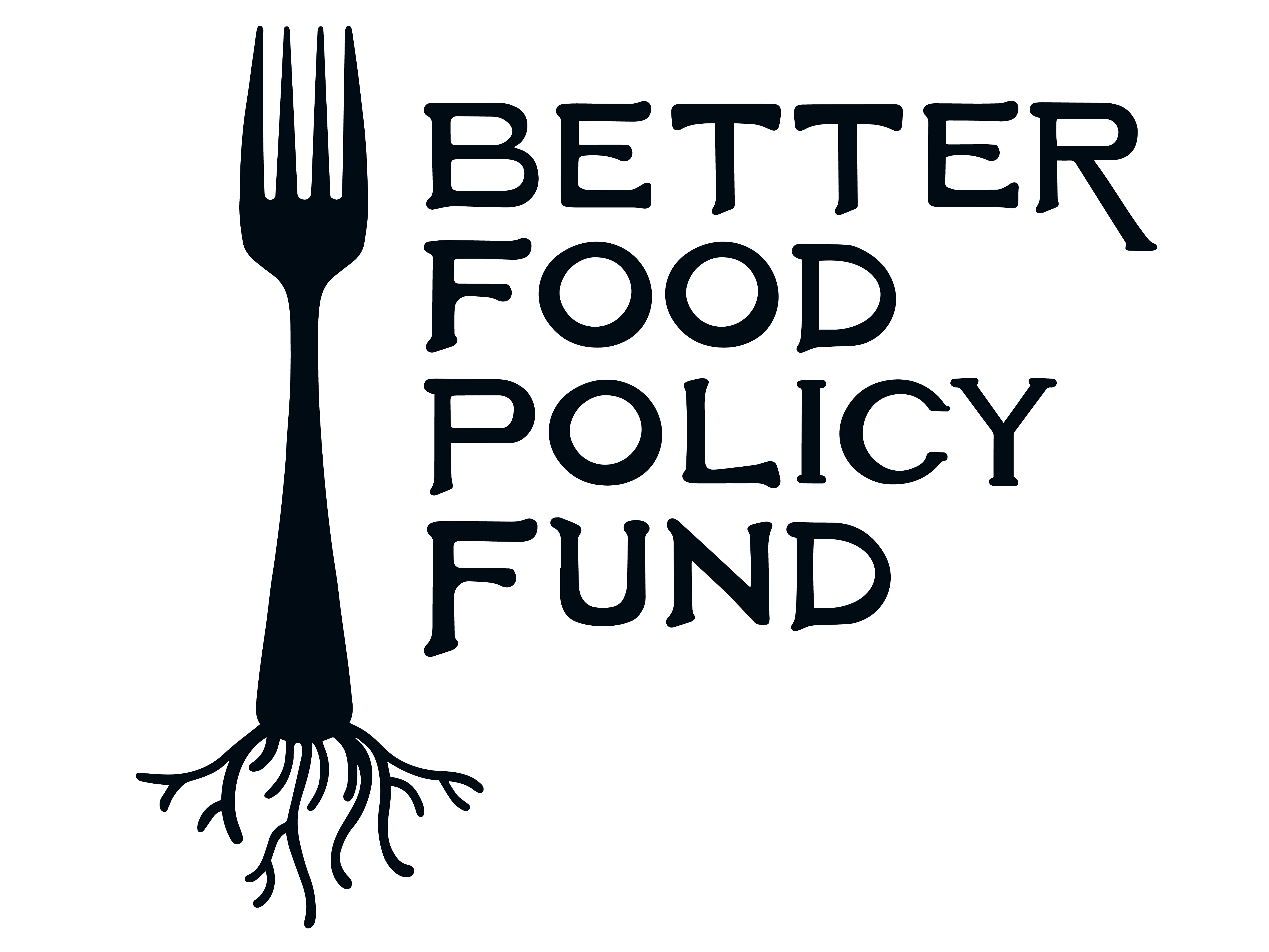Established food policy councils operating in the United States. We generally follow this definition from the Food Policy Networks project of the Center for a Livable Future at Johns Hopkins University. A food policy council is:
an organized group of stakeholders that may be sanctioned by a government body or may exist independently of government, which works to address food system issues and needs at the local (city/municipality or county), state, regional, or tribal nations levels.
To be eligible for our funding, food policy councils must:
- Be engaged at the intersection of community and government, as civic collaboration is at the heart of our work.
- Be working to create conditions which enable or lead to better food policy at the local/state/regional/or tribal nation level.
Our screening rubric looks at these four Grant Eligibility Criteria:
- The group is engaged in civic collaboration in the US. This means based in the US, working in US communities, with active engagement of those who are affected by policies and those who set them.
- The group is pushing food policy forward or laying the groundwork to do so. This means the group has an intentional focus implementing one or more of the following types of activities:
- Collecting information and studying the issue to know legal implications and options.
- Forming alliances with groups supporting the change.
- Raising public awareness about the issue.
- Building relationships with key decision-makers.
- Drafting clear and effective policy ideas.
- Involving affected community members in the process.
- Convincing leaders to support change.
- Training and skill development for effective action.
- Trying out smaller versions of proposed policy changes to show benefits.
- The group prioritizes and engages in COLLABORATION on a regular basis
- The group recognizes the COMPLEXITY involved in food systems change and acts accordingly.

